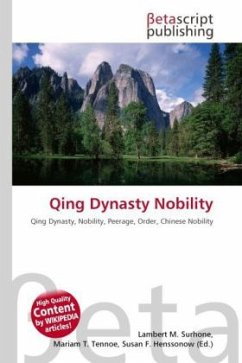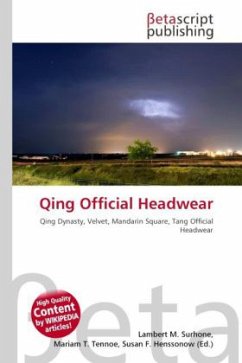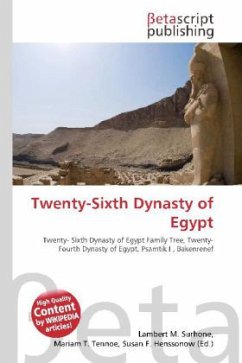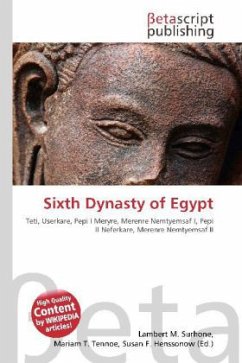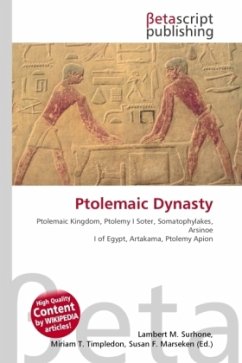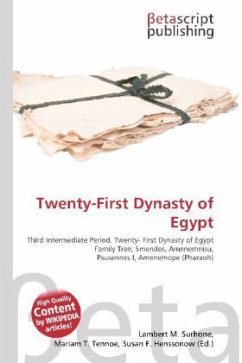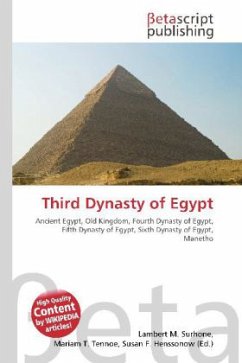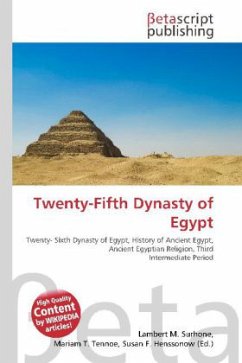High Quality Content by WIKIPEDIA articles! The Qing Dynasty in China (1644-1911) developed a very complicated peerage system for ranking nobility. By convention all titles are to be inherited by the eldest son of its holder, but always one grade lower. There are instances, however, where the Emperor grants the title to be "inherited through every generation" ( ). When this happens it is always regarded as an honour. The Qing Dynasty (Chinese: ; pinyin: Q ng Cháo; Wade-Giles: Ch'ing ch'ao; IPA: [t í t ]; Manchu: Daicing gurun.png, Von Möllendorff: Daicing gurun), also known as the Manchu Dynasty, was the last ruling dynasty of China, ruling from 1644 to 1912 (with a brief, abortive restoration in 1917). It was preceded by the Ming Dynasty and followed by the Republic of China. The dynasty was founded by the Manchu clan Aisin Gioro in what is today northeast China (also known as Manchuria).
Bitte wählen Sie Ihr Anliegen aus.
Rechnungen
Retourenschein anfordern
Bestellstatus
Storno

